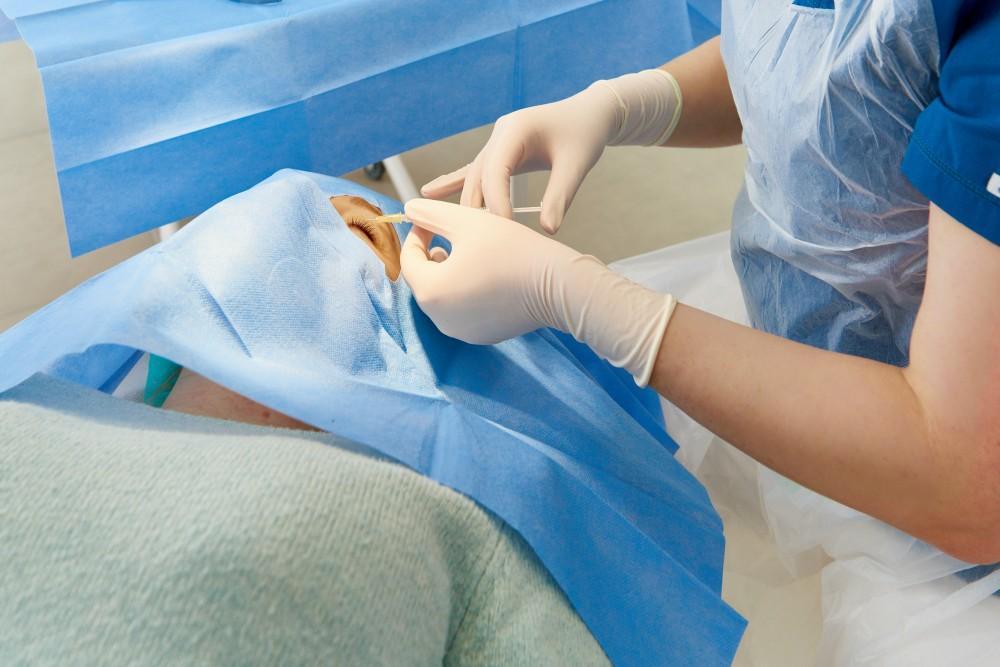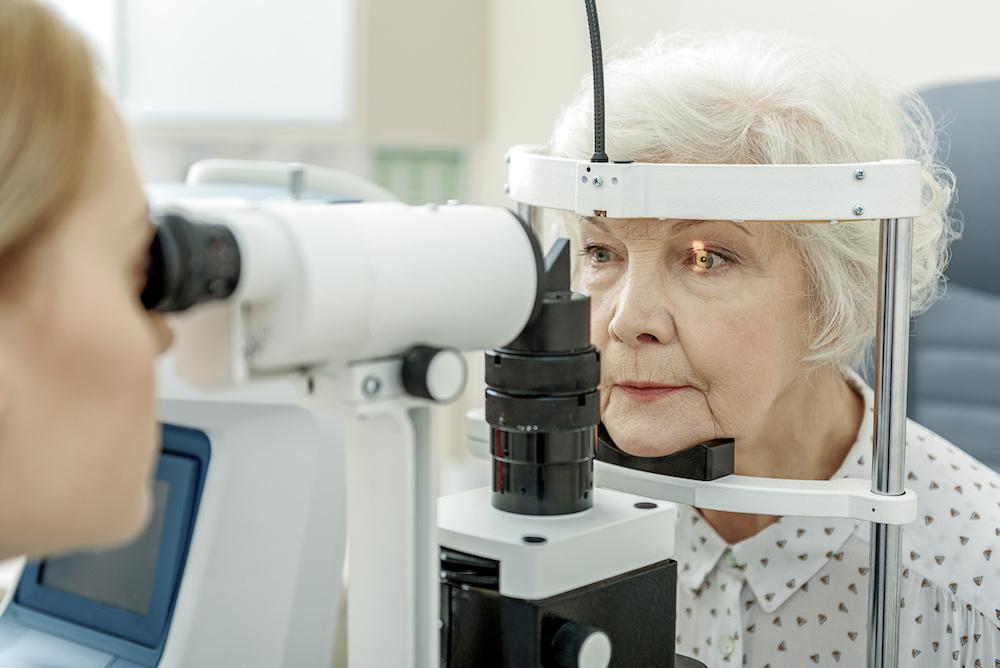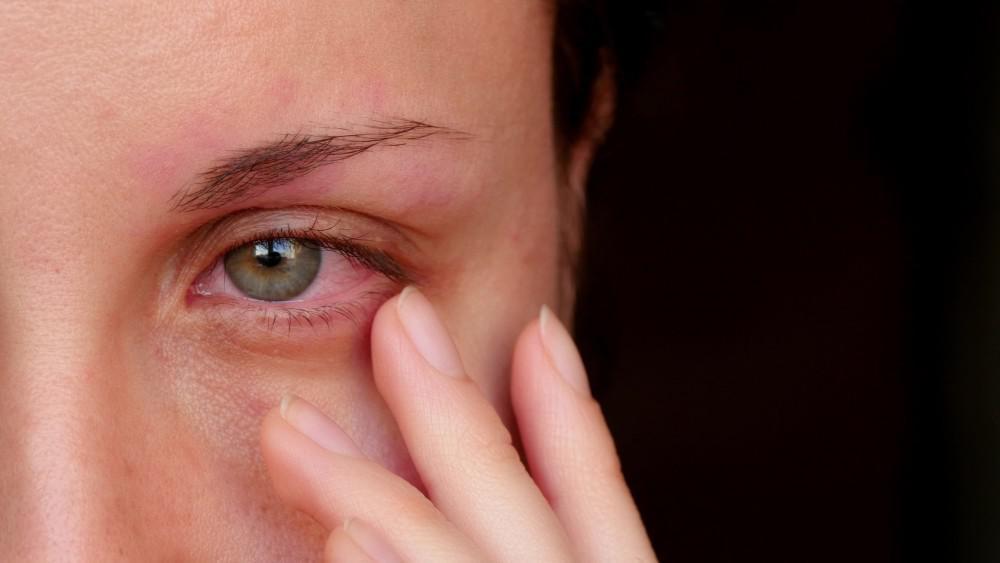
Living Well with Low Vision: A Guide for AMD Awareness Month
Age-related macular degeneration (AMD) can rob you of the central part of your vision if it’s not caught early in its progression. This AMD Awareness Month, learn what you can do to live well with low vision.
Feb 2nd, 2026













































































